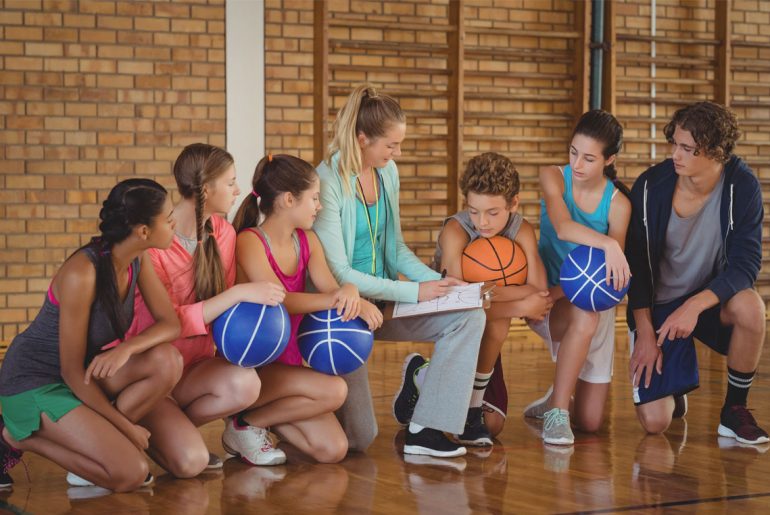Middle school gym class. What exactly comes to mind when you hear those words might just determine your feelings on exercising in your adult life.
Researchers from Iowa State University surveyed more than 1,000 Americans, aged 18 to 40 years old, using a specially created lengthy online questionnaire. Scientists then analyzed participants’ positive or negative attitudes toward gym class with the participants’ current behavior and attitudes toward physical fitness. Participants also were asked to describe in detail, their best and worst memories from gym class.
For those who disliked gym class, their worst memories typically involved embarrassment, bullying, or a general lack on enjoyment. Seven percent of people shared their best memory as a day when they skipped gym class or didn’t have to take it any more.
Not surprisingly, people who reported enjoying gym class were more likely to respond that they enjoy physical activities today. They were also more likely to participant in physical recreation on the weekend.
People who didn’t enjoy gym class, reported not enjoying exercising today.
Matthew Ludwig, an Iowa State University grad student who conducted the study with several other students, told The New York Times that participants memories were vivid. “For some of them, the classes were two or three decades in the past, but they had not forgotten.”
The top reasons people gave for disliking gym class were telling. Many reported fears of being picked late or last for sports teams, or felt embarrassed about poor performance during a game. Others described embarrassment or discomfort undressing in front of other students.
Positive memories included athletic successes and competence.
The study is important because most behavioral scientists agree that our attitude toward exercising plays a big role in how often we participant, resulting in our overall health. If we expect exercise to be fun, we will do it more often. If we dread it, we won’t.
And applied to the system school today, we may want to rethink the emphasis on school-based physical education programs, said Mr. Ladwig. If sports are involved, he suggests to “choose teams randomly,” and de-emphasize competition altogether with younger children, while promoting other unconventional activities like dancing, yoga, or gardening, he suggests.
“It would be great,” if P.E. classes could teach kids that moving is fun.”
Also see, These two workout classes are dirtier than your toilet.




